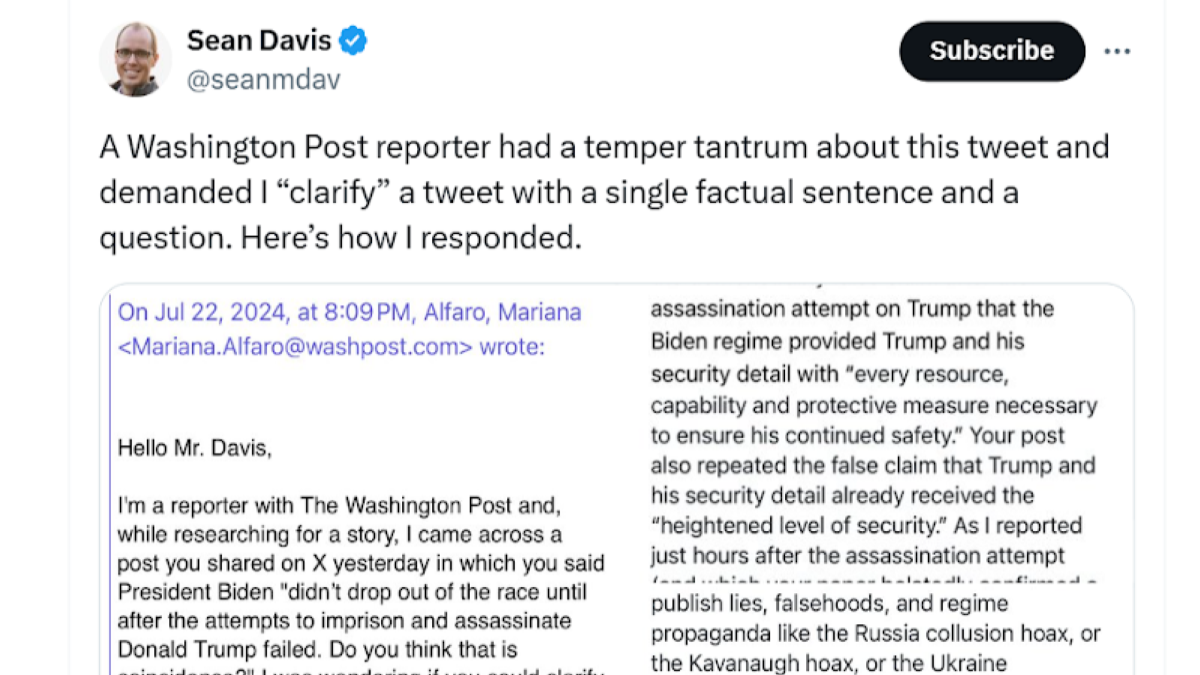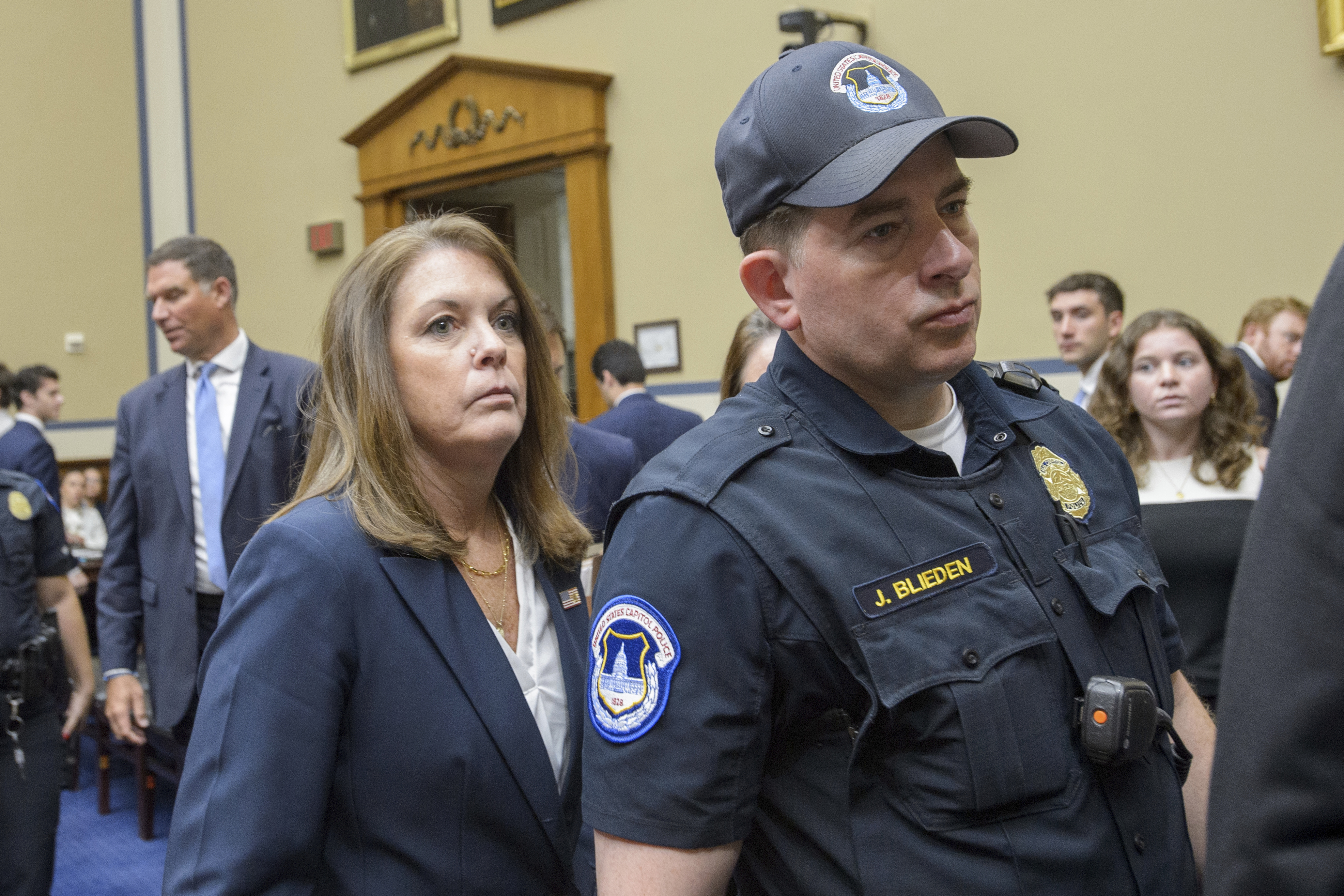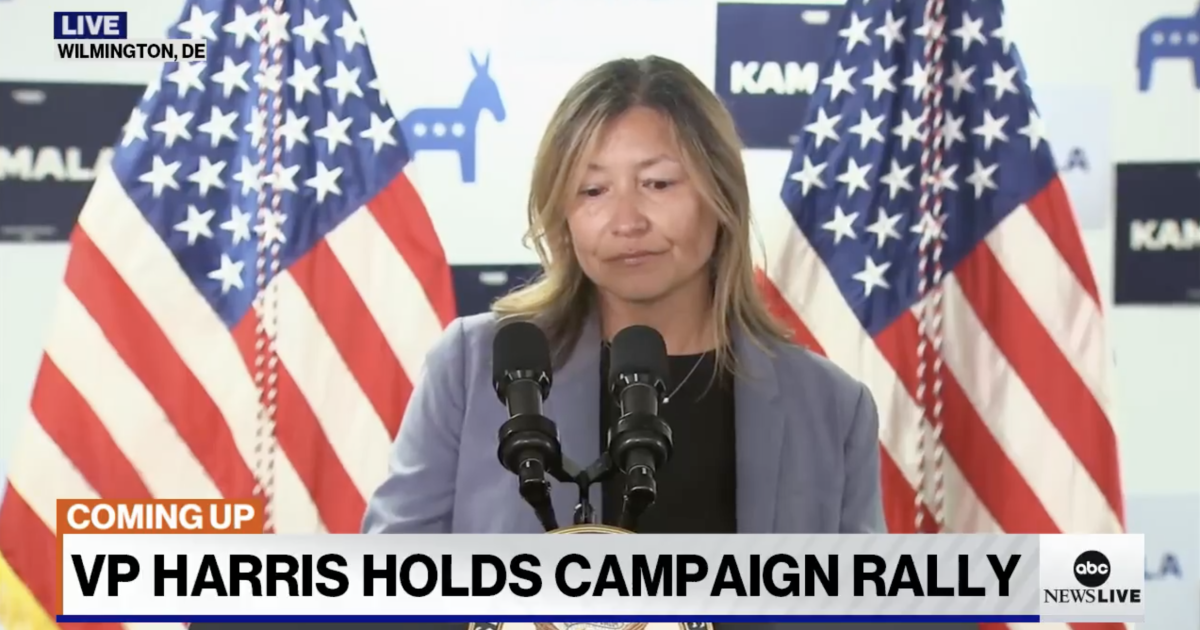
www.theamericanconservative.com
Breaking: Secret Service Director Cheatle Resigns
In the aftermath of a hearing with the House Oversight Committee concerning the July 13 assassination attempt on the former President Trump that saw lawmakers of both parties demand her ouster, Secret Service Director Kimberly Cheatle on Tuesday announced her resignation.
JUST IN — Secret Service Director Kimberly Cheatle resigns.— The American Conservative (@amconmag) July 23, 2024
Cheatle had earlier declined to resign, but after admitting she lacked knowledge of the timeline of the events of July 13 at yesterday’s hearing and failing to answer multiple factual questions about the shooting, Rep. Nancy Mace (R-SC) announced that she would force a vote on impeaching Cheatle.
Statement from President Biden on Cheatle resignation: "Jill and I are grateful to Director Kim Cheatle for her decades of public service. She has selflessly dedicated and risked her life to protect our nation throughout her career in the United States Secret Service. We… pic.twitter.com/m5R0pGtR3p— Mary Margaret Olohan (@MaryMargOlohan) July 23, 2024
The post Breaking: Secret Service Director Cheatle Resigns appeared first on The American Conservative.

















